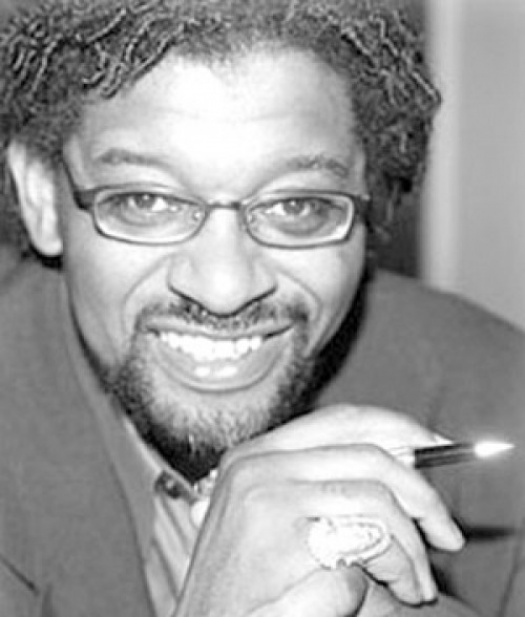
For the longest period in our community, I’ve said that if more people did a fraction of what they say they can do, there would be a different reality in Black communities across America. There are three types of people in our society: Those who watch thi
They are far and few in between. The collective Black community, nationwide, lost one recently. Journalist turned Public Relations specialist, Pat Tobin, lost her long battle with cancer. In losing her, we lost a major link in our social and professional network. That was Pat’s specialty, putting people, with resources (an important qualifier), together. Pat was a master networker and expert promoter.
She promoted her clients so well that she herself became a brandùlong before people understood how to brand themselves. Pat could sell ice to Eskimos and talk her way into Fort Knox. The difference between Pat and other people, however, is that Pat could make the best of the opportunity. She knew what the client needed and had the answer when they asked her, “So, what you got?” Pat Tobin helped others build and add value to their end game. She always had the end game in mind, to make people better and enhance their impact.
There are plenty of people in our community that got “rap"ùbut few that know what to do after they rap themselves into a chance of a lifetime. More people talk themselves out of opportunities than make the best of the ones they get. Everybody wants to be rich, but few know how to get rich. Everybody wants to be at “the party” to be seen, or be in the room with the stars and the powerful, but few know how to be heardùwhen they open their mouths, they really have nothing to say. In the 1980s, the only real voices in our community were entertainers, athletes, preachers and politicians.
The former two tried to dance and sport away our misery, and the latter two sermonized the community’s misery. But that was it. The misery remained. Even Blacks in the Black media had lost their voice. Pat Tobin helped people understand their talents, the resources at their disposal and the opportunities that could avail themselves if people properly position around like-minded people. Pat Tobin’s weekly networking receptions were legendary.
“Back in the day,” when “networking” was largely standing around trying to “look” successfulùfor the wrong reason, to catch a person of the opposite sex, Pat Tobin was one of the first persons telling people to build their Rolodex. It wasn’t just about how many business cards you could collect. It was about how many important contacts you could collect. People who could make things happen. It really is not just what you know, but who you know and what you show (can deliver) after you make the contact.
White graduates inherit their father’s (and grandfather’s) social network, which ultimately represent their business contacts. Black graduates, most of the time, have to build their own. Pat encouraged people to network with a purpose, and to get to know, at least, one person you didn’t know. That’s how you built your social and business network. I don’t attend any event without the end game in mind (a purpose), and I make one contact of significance that I didn’t have prior to attending the event.
That’s how I’ve built my network the last 25 years. That’s what I learned from Pat Tobin. I run into people everyday that “talk” about what Black people should be doing, what we need to do and how come we don’t do this or that. I hear this particularly from our politicians and preachers who are the most disingenuousùin terms of the impact they make. We are the most “prayed up” community in America, and we still have the most problems.
We have 10,000 more Black-elected officials than we had 40 years ago, and our communities are still just as deprived. Preachers and politicians talk more about changing people’s lives than making it happen. I tell them on a regular, “I’d rather see a sermon than hear one.” Pat Tobin didn’t just tell people how to work together, she showed people how to do. She was a living testament and practiced what she preached.
More people knew Pat Tobin than knew her clients because she had it like that. She was an example of the sermon you saw (see)ùnot the sermon you heard (hear). Thank you, Pat, for your example showing many of us how to make our impact felt. God bless Pat Tobin and her family. She will be missed.
Anthony Asadullah Samad, Ph.D., is a national columnist, managing director of the Urban Issues Forum and author.
______ Copyright 2008 Chicago Defender. All rights reserved. This material may not be published, broadcast, rewritten, or redistributed.
